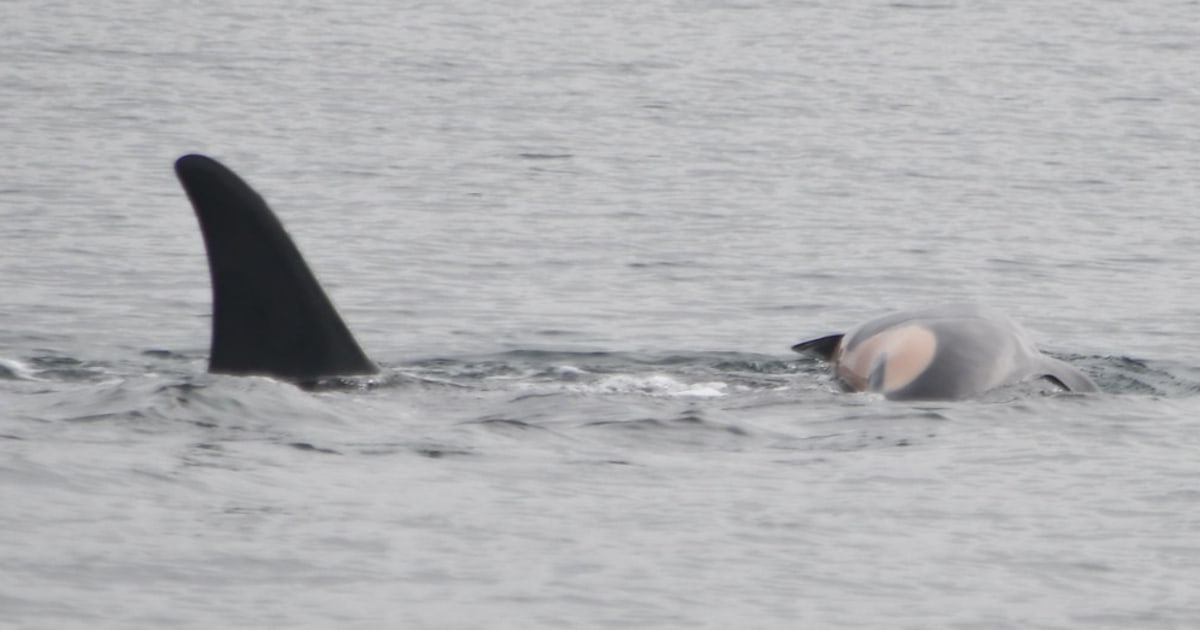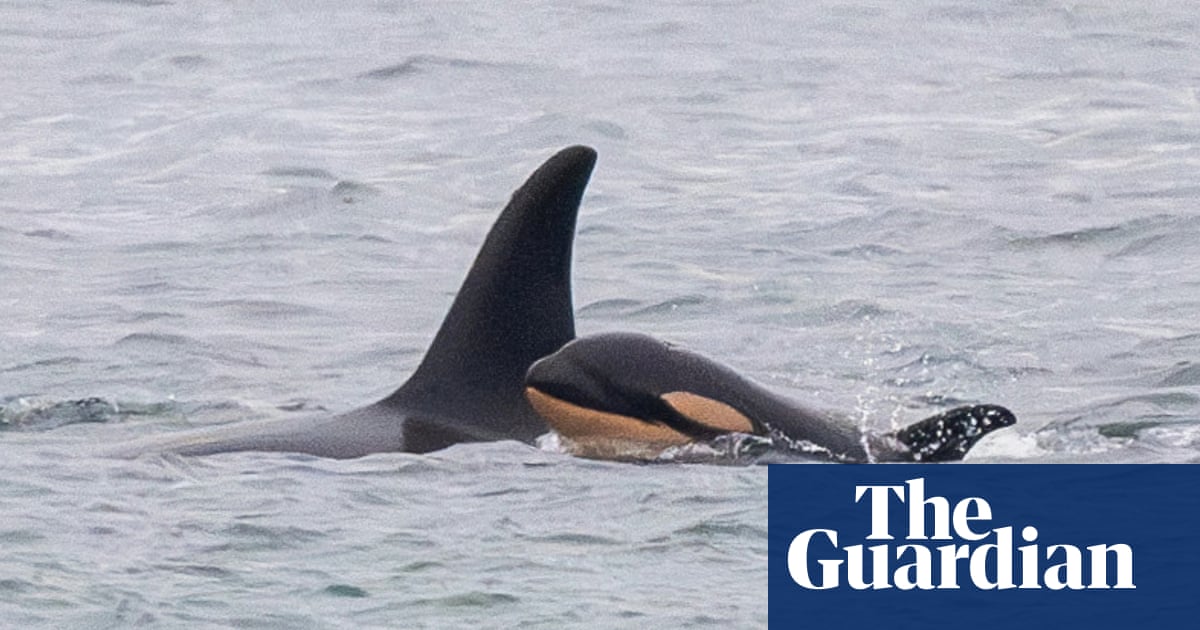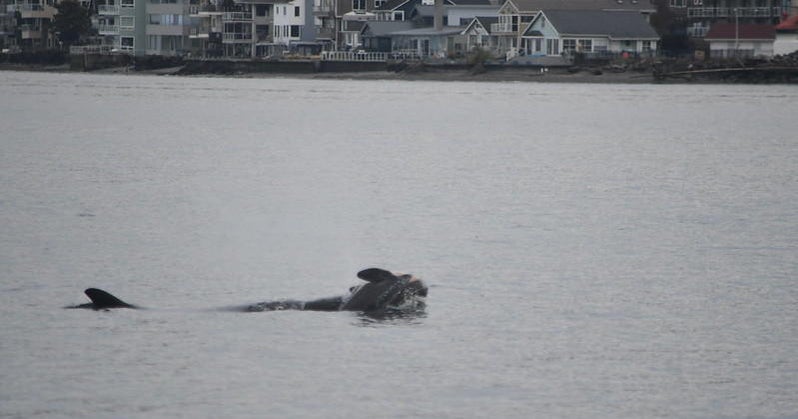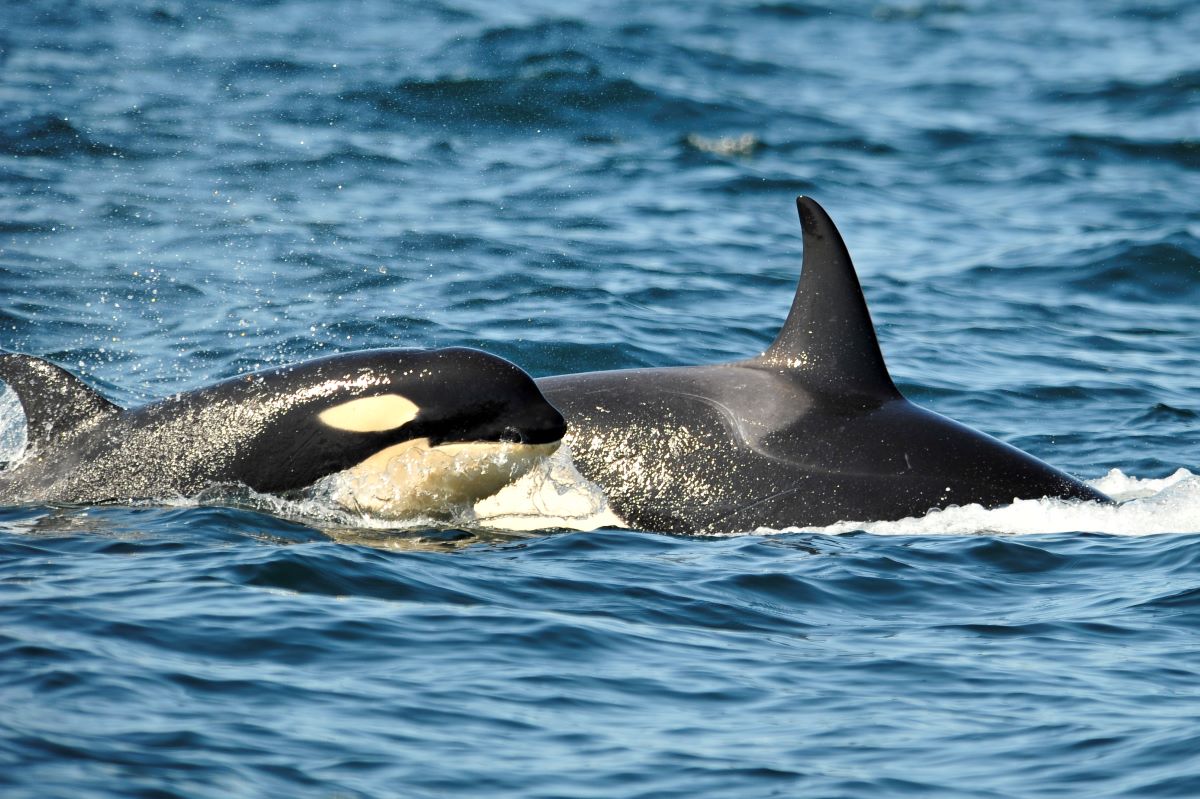Wildlife: Orca Mother Observed Grieving Over Second Dead Calf

The Spin
Narrative A
Tahlequah's emotional display of grief demonstrates orcas' complex social bonds and intelligence, proving they experience deep emotional connections similar to humans. Their repeated behavior of carrying dead calves shows that these marine mammals possess sophisticated emotional capabilities that deserve greater recognition and protection.
Narrative B
The focus on emotional interpretations of whale behavior is important, but it can divert attention from the more urgent need to address practical conservation challenges. The urgent priority should be implementing immediate actions to restore salmon populations, remove dams, and reduce marine pollution to prevent the extinction of these endangered whales.
Metaculus Prediction
There's a 50% chance that the estimated population of blue whales will be at least 25.8K in 2050, according to the Metaculus prediction community.






)




:max_bytes(150000):strip_icc():focal(653x438:655x440)/Mother-Orca-Known-for-Grieving-2018-Newborns-Death-by-Carrying-Baby-Whale-Mourns-Loss-of-New-Calf-010125-86f68fa78e504b4db46f9084ff75976a.jpg)
